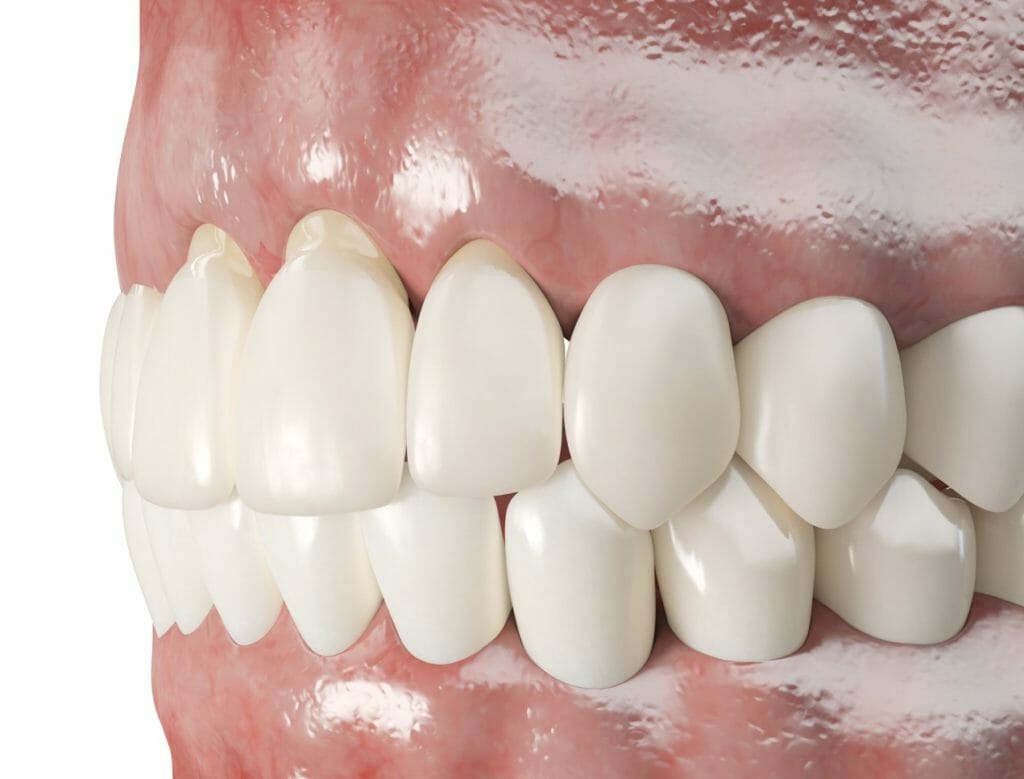Have you noticed that your teeth look longer than usual lately? Feel or look like your gums are swollen or red? If you answered “yes” to either of these questions, you probably have gum disease. When gingivitis is caught early, the symptoms can be fixed. Once it gets worse, though, problems like gum recession might make you wonder, “Will my gums grow back?” Houston Periodontist, Dr. Kevin Calongne talks about what happens when periodontal disease gets bad and what you can do to keep it from happening.
What makes gums to recede?
The soft tissues surround your teeth are there to fit snugly and protect the more vulnerable parts of your tooth structure (i.e., the root). When your gums begin to recede, it opens the door to more serious dental problems, especially infection and sensitivity. But what causes these tissues to recede in the first place?
Most commonly, gum recession occurs because of:
- Facial trauma
- Bruxism (teeth grinding or clenching)
- Brushing or flossing too much or too hard
- Teeth that aren’t straight or a bite that isn’t right
- Cigarettes and cigars
- Gum disease
Can Gums Grow Back?
If you ask a periodontist if gums can grow back after they have receded, they would say no, they can’t. Even though it would be nice for these soft tissues to move back to where they were before treatment, the hard truth is that they won’t. Instead, you and your periodontist will need to come up with a plan that includes putting new tissue over the weak parts of your tooth structure through surgery.
Most of the time, this is done with gum grafting, which involves taking a small piece of tissue from the roof of your mouth and attaching it to the gums that are already there. This will cover the parts of the tooth that are showing.
Also, if you have lost a lot of bone, your periodontist may need to do a bone graft. They may also need to do osseous surgery to reduce the depth of your gum pockets, which can easily trap harmful bacteria and spread infection.
How to make sure your gums remain firmly in place
Even though gum recession can be caused (at least in part) by getting older, there are things you can do to avoid having to get complicated treatment in the future:
- Using a soft-bristled toothbrush to clean your teeth gently for two minutes in the morning and at night
- Use the right way to floss to keep your soft tissues from getting hurt
- Wearing a mouthguard at night will stop you from grinding your teeth
- Pursuing cessation resources to quit smoking
- Not trying to open things with your teeth
- Rinsing with an antimicrobial mouthwash
- Scheduling a dental checkup and cleaning every six months
One of the many bad things that can happen because of periodontal disease is gum recession. If you want your smile to stay healthy and last for years, these tips will help you keep your gums where they should be. If you need help, don’t hesitate to reach out West Houston Periodontics for a professional consultation.

